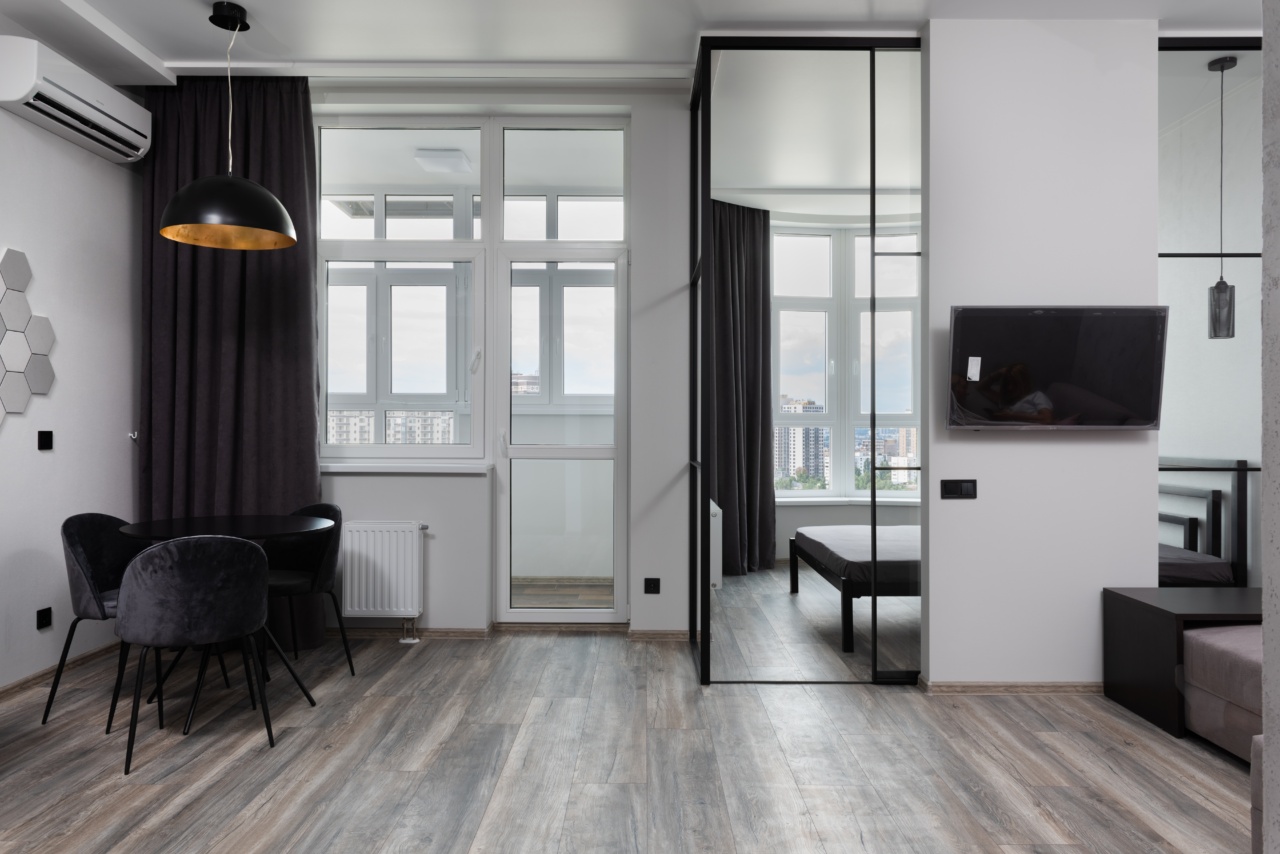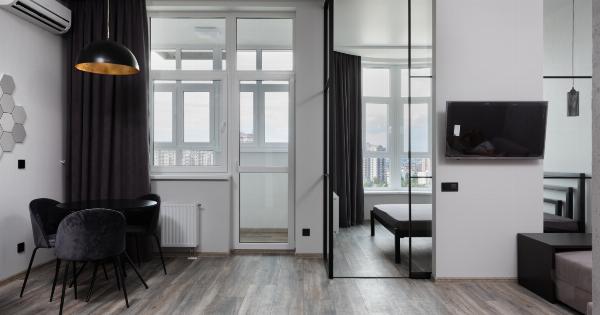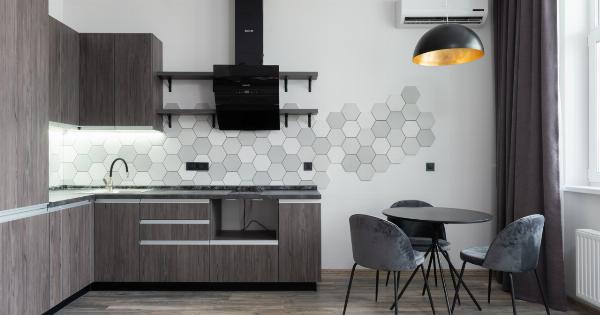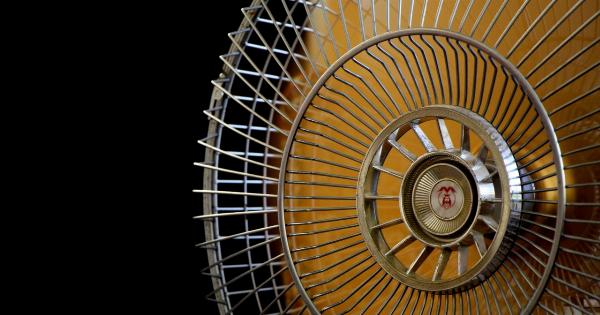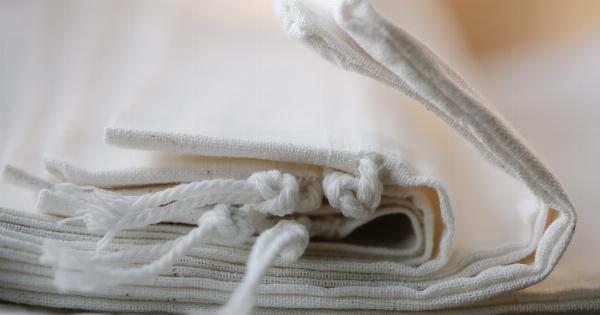As the summer season approaches, many homeowners start thinking about their air conditioning units. However, there are several common myths and misconceptions about air conditioning that can lead to confusion and misinformation.
In this article, we will debunk some of these myths and help you make informed decisions about your HVAC system.
Myth 1: Lowering the Thermostat Temperature Will Cool Your Home Faster
Many people believe that if they set their thermostat to a lower temperature, their home will cool down faster. However, this is not true. Air conditioning systems operate at a consistent rate, regardless of the temperature you set the thermostat to.
When you set your thermostat to a lower temperature, it simply instructs the air conditioning system to run until it reaches that temperature. This will not make your home cool down any faster.
In fact, it can cause your unit to work harder than necessary, potentially leading to higher energy bills and unnecessary wear and tear on the system.
Myth 2: Closing Vents in Unused Rooms Will Save Energy
Many homeowners believe that closing vents in unused rooms will help save energy and reduce their utility bills. However, this can actually cause more harm than good.
When you close vents in unused rooms, you disrupt the airflow throughout your home. This can lead to pressure imbalances and cause your HVAC system to work harder than necessary.
In addition, closing vents can also cause the evaporator coils to freeze, which can cause extensive damage to the system.
Myth 3: Regular Maintenance Is Not Necessary
Some homeowners believe that air conditioning systems do not require regular maintenance, as they will continue to operate without issues. However, this is not true.
Regular maintenance is essential to keep your system operating efficiently and effectively.
During regular maintenance visits, a professional technician can inspect your system for any issues or potential problems. They can clean the system, lubricate moving parts, and replace any worn-out components.
This can help extend the lifespan of your air conditioning system, as well as help you avoid costly repairs in the future.
Myth 4: Ceiling Fans Will Cool Your Home Without an Air Conditioner
While ceiling fans can help circulate air throughout your home, they are not a substitute for an air conditioning system.
Ceiling fans can help create a breeze and make you feel more comfortable, but they do not cool the air or remove humidity from your home.
In fact, running ceiling fans in unoccupied rooms can actually increase your energy bills. This is because ceiling fans only work to cool people, not the air in the room. If you are not in the room, running the fan is simply wasting energy.
Myth 5: A Bigger Air Conditioning System Is Always Better
Many homeowners believe that a bigger air conditioning system will cool their home faster and more effectively. However, this is not always the case.
Air conditioning systems are designed to operate at a certain capacity. Installing a system that is too large for your home can lead to short cycling, where the system turns on and off frequently.
This can cause the system to wear out more quickly, as well as lead to inconsistent temperatures throughout your home.
Myth 6: Turning off Your Air Conditioning When You Are Away Saves Energy
Some homeowners believe that turning off their air conditioning when they are away from home will help save energy and reduce their utility bills.
However, this can actually cause your system to work harder than necessary to cool your home when you return.
Instead of turning off your air conditioning completely, consider raising the temperature by a few degrees when you are away. This will help save energy and reduce your utility bills without causing your system to work harder than necessary.
Myth 7: You Only Need to Replace Your Air Filter When It Is Dirty
Replacing your air filter is an important part of air conditioning maintenance. However, many homeowners believe that they only need to replace the filter when it is visibly dirty.
In reality, air filters should be replaced every 1-3 months, depending on usage. This is because air filters become less effective over time, even if they do not appear dirty.
Regularly replacing your air filter can help improve indoor air quality, reduce energy bills, and extend the lifespan of your air conditioning system.
Myth 8: Closing Doors Will Help Keep Rooms Cooler
Many homeowners believe that closing doors to unused rooms can help keep other rooms cooler. However, this can actually have the opposite effect.
Closing doors can disrupt the airflow throughout your home, causing pressure imbalances and uneven cooling. In addition, closed doors can trap heat and humidity in unused rooms, making it more difficult to cool the rest of your home.
Instead of closing doors, consider using fans or adjusting your thermostat to maintain a consistent temperature throughout your home.
Myth 9: Air Conditioners Only Need Refrigerant When They Stop Working
Refrigerant is an essential component of air conditioning systems, as it helps cool the air that is circulated throughout your home. However, many homeowners believe that their air conditioner only needs refrigerant when it stops working.
In reality, air conditioning systems can lose refrigerant gradually over time, even if there are no apparent issues. Regularly checking and maintaining the refrigerant levels in your system can help improve efficiency and prevent issues down the line.
Myth 10: All Air Conditioning Units Are Created Equal
Finally, many homeowners believe that all air conditioning units are essentially the same. However, there are several different types of air conditioning systems, each with their own benefits and drawbacks.
Central air conditioning systems, for example, are effective at cooling large homes or multi-level buildings. However, they can be expensive to install and maintain.
Ductless mini-split systems, on the other hand, are more affordable and easy to install, but may not be as effective at cooling larger spaces.
When choosing an air conditioning system for your home, it is important to consider factors such as size, efficiency, and cost. Working with a professional HVAC technician can help ensure that you choose the best system for your needs.
